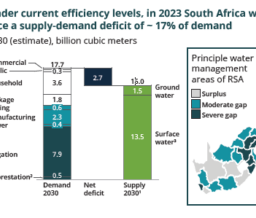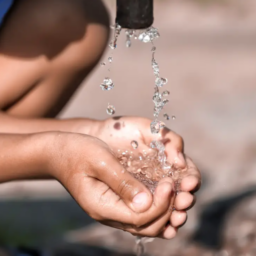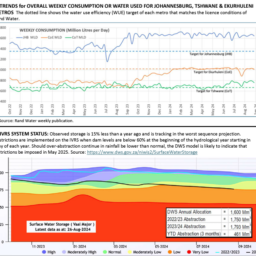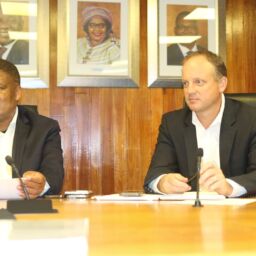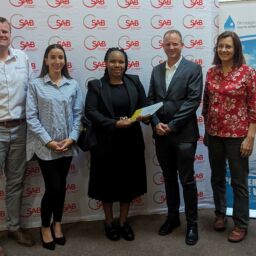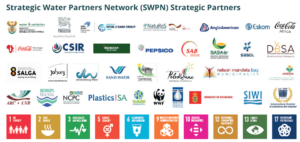
The Strategic Water Partners Network (SWPN) is a multistakeholder (public, private and civil society) partnership hosted by the NEPAD Business Foundation. This partnership was established in response to a request by the late Minister Edna Molewa (the then Dept of Water Affairs), at the World Economic Forum (WEF) Annual Meeting in 2011 in Davos, Switzerland to develop and launch a DWA -WRG (Water Resource Group) to address the gap between water supply and demand.
Since its inception, the partnership, co-chaired by the Department of Water and Sanitation (DWS) who are the public sector co-chair carries out participatory problem and opportunity analyses and develops and scales out projects to improve water security through various focus areas.
During the time period for the annual report (April 2023 – March 2024, Nestlé has been the private sector co-chair. The SWPN is the only government and private sector co-led water partnership in South Africa and the only partnership acknowledged in the National Water and Sanitation Masterplan (NWSMP). It is formally identified in the National Water Resources Strategy as the key platform to facilitate water management partnerships between the Department of Water and Sanitation (DWS), the private sector, civil society, and other key stakeholders.
The SWPN is a neutral convening platform allowing for constructive collaboration between public, private and civil society and is funded through private and public sector contributions and donor grants provides leveraging opportunities for organisations with similar challenges as it tackles the challenge of closing the 17% gap between water supply and demand that is anticipated to manifest by the year 2030 in South Africa.
2023 – 2024 highlights
Major SWPN milestones during the reporting period included the following:
• Successfully implemented Phase 1 of the Nelson Mandela Bay Water Partnership.
• Successfully implemented Phase 3 of the Polokwane Water Partnership non-revenue water funding study.
• The SWPN partnered with Johannesburg Water to address the ongoing water supply challenges facing the City of Johannesburg.
• With funding from GIZ, SWPN in partnership with the Department of Agriculture, Land Reform and Rural Development and the Department of Forestry, Fisheries and the Environment is implementing a project to build the capacity of community members in three provinces on Climate-Smart Agriculture (CSA) approaches, that will support 180 direct beneficiaries.



